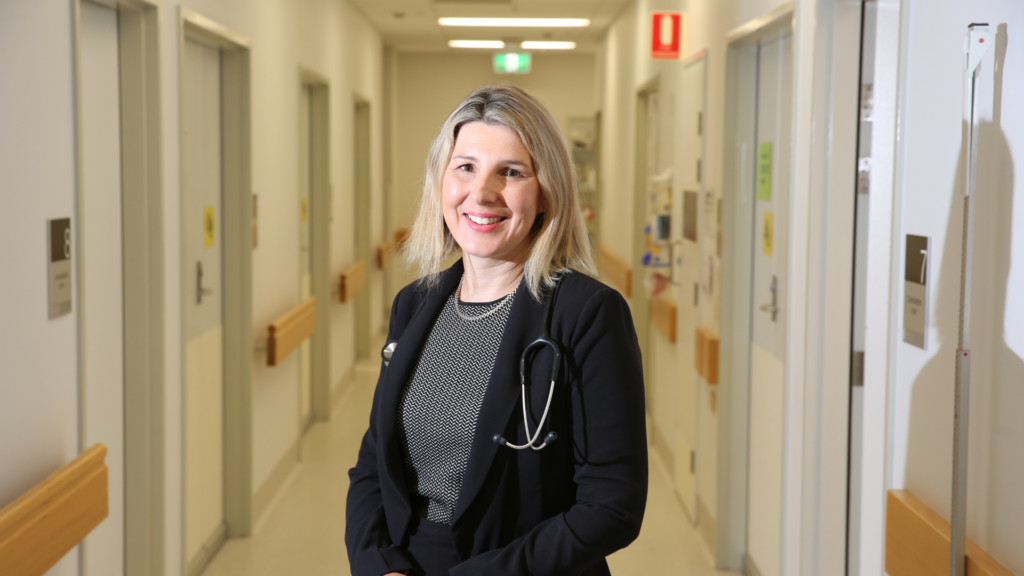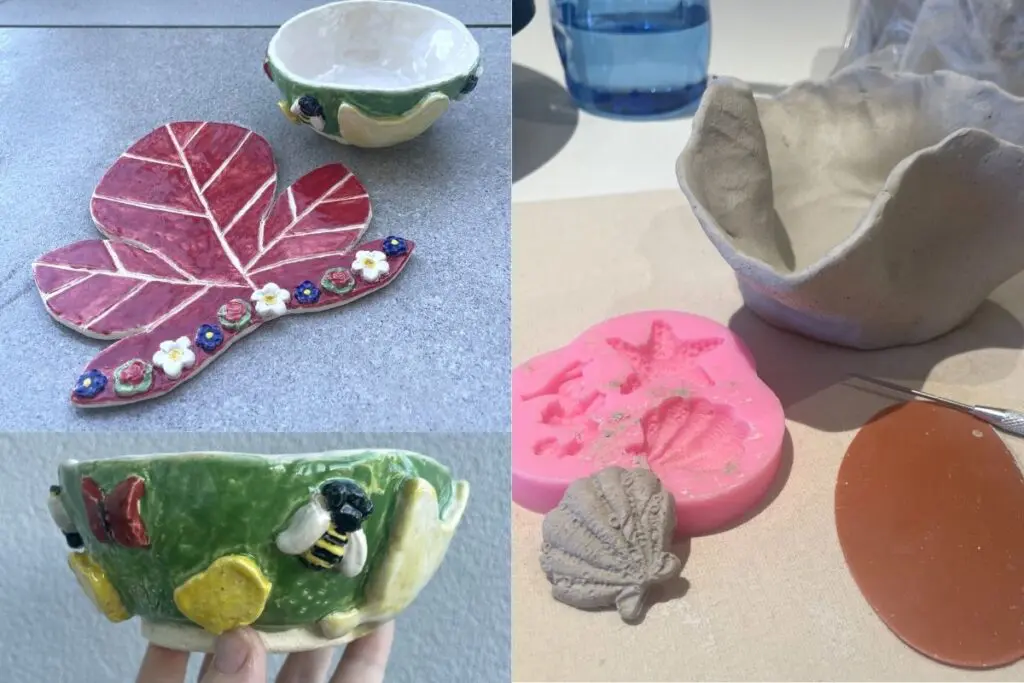

Our Stories
Featured Stories


Philanthropy
MEDIA RELEASE – Introducing Australia’s premier cancer clinical trials centre NORTH Sydney Trials and Research Van Norton Poche (NORTH STAR VNP)

Patient stories
Mark’s story – My blood cancer diagnosis and why I’m now supporting the FACT accreditation project

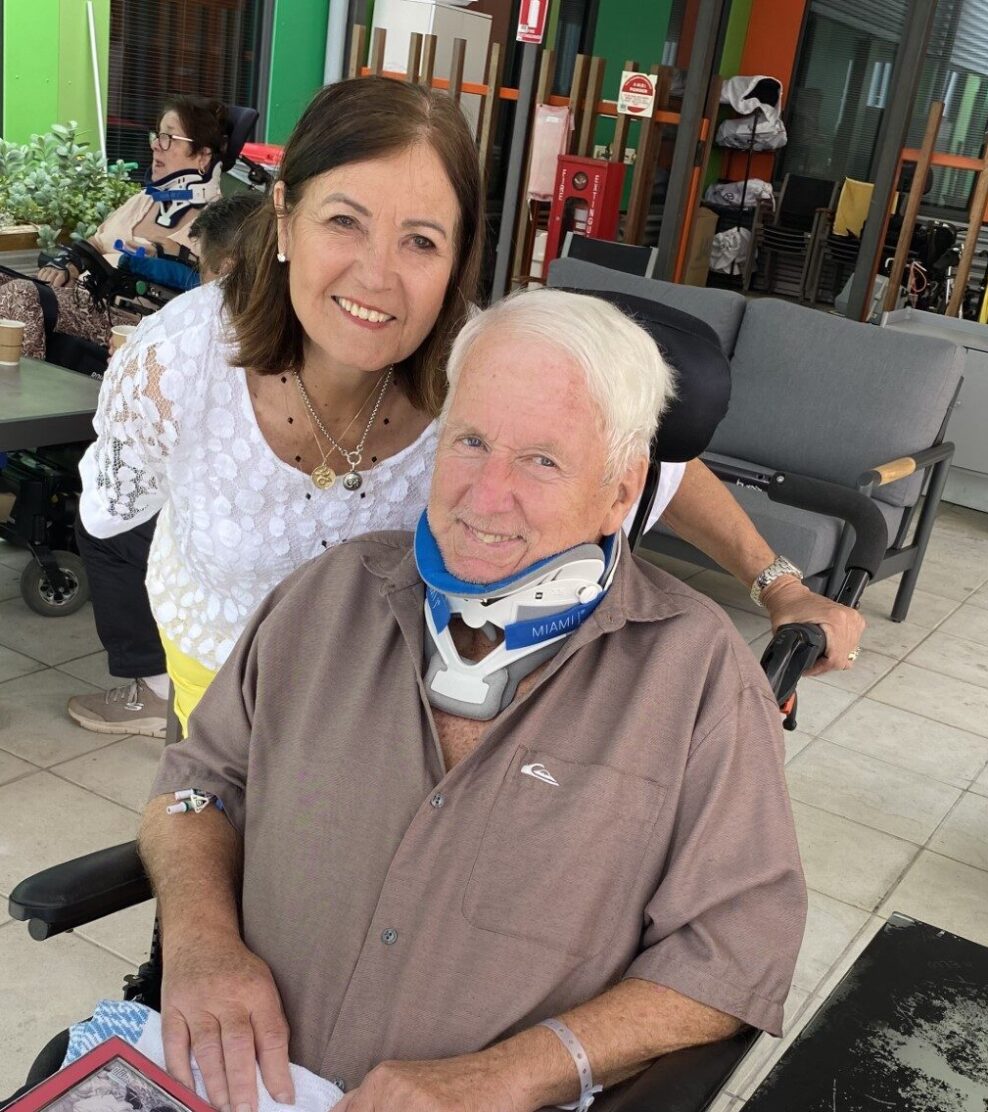
Make a Donation
Donate
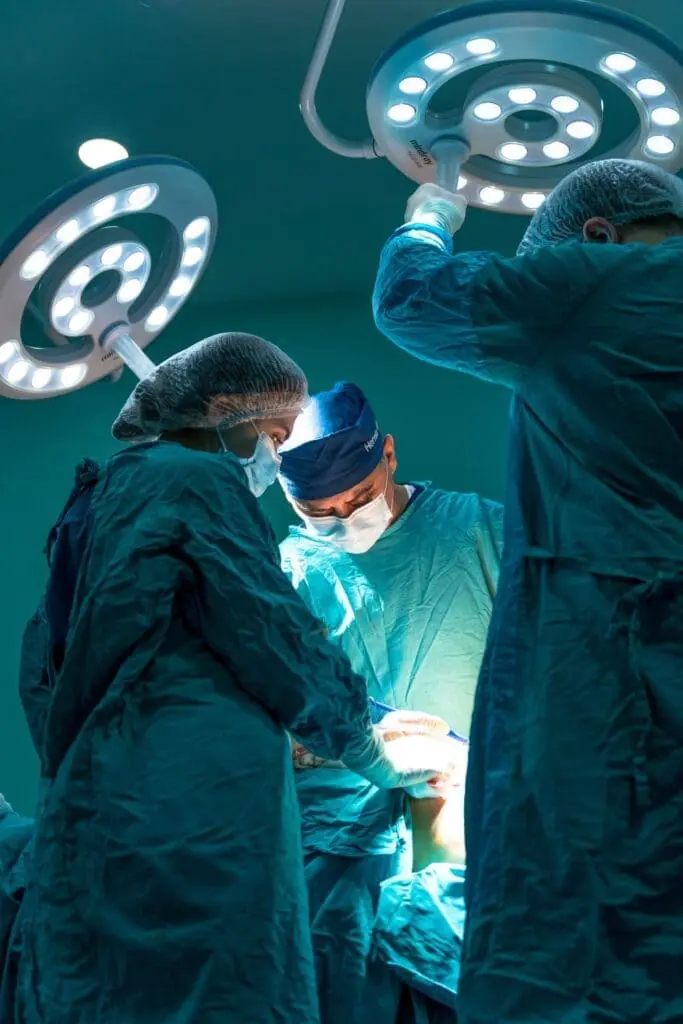
Subscribe
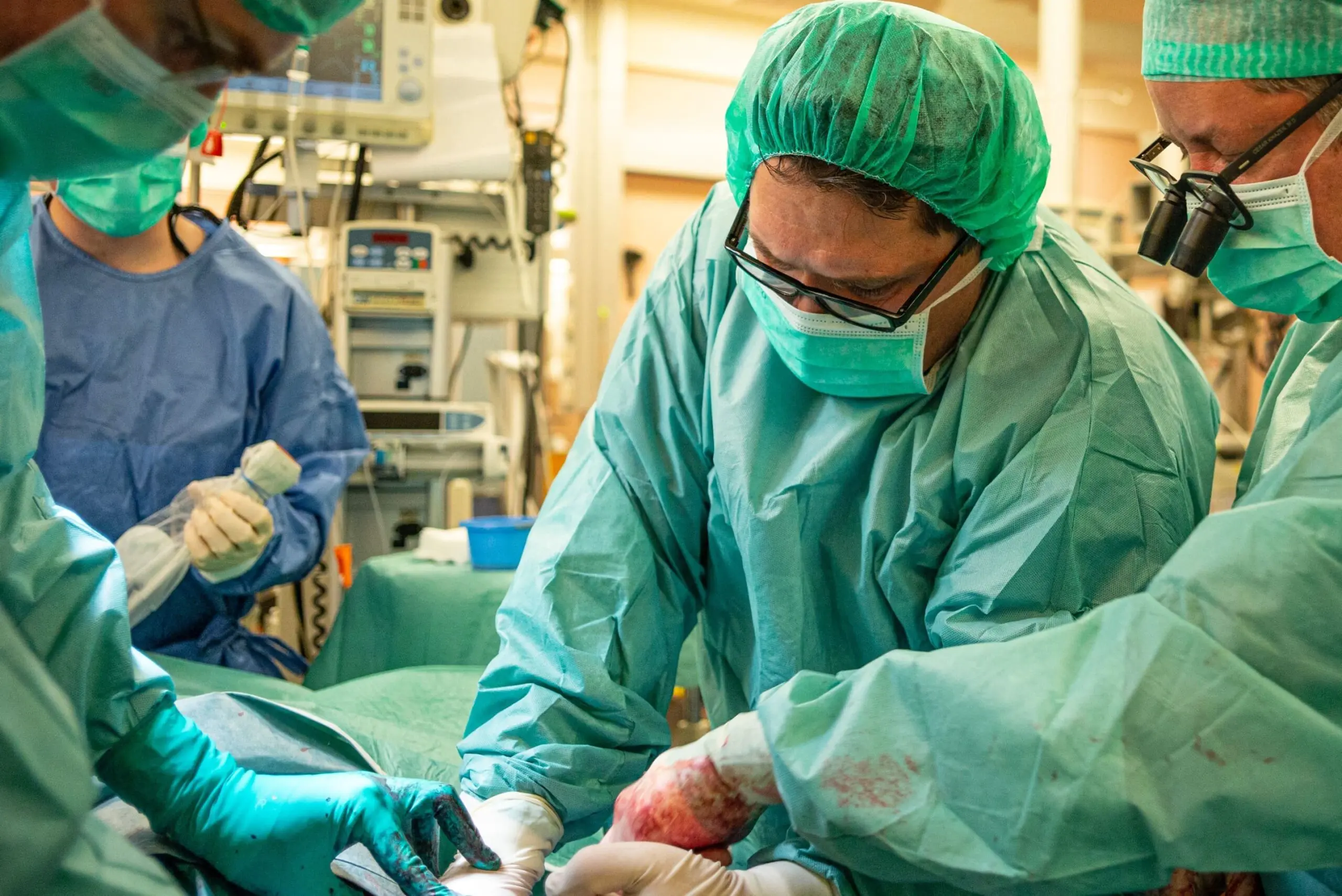
You can shape the future of healthcare for all
Give a gift that makes a real difference to our healthcare staff and facilities so they can deliver the best patient care.
